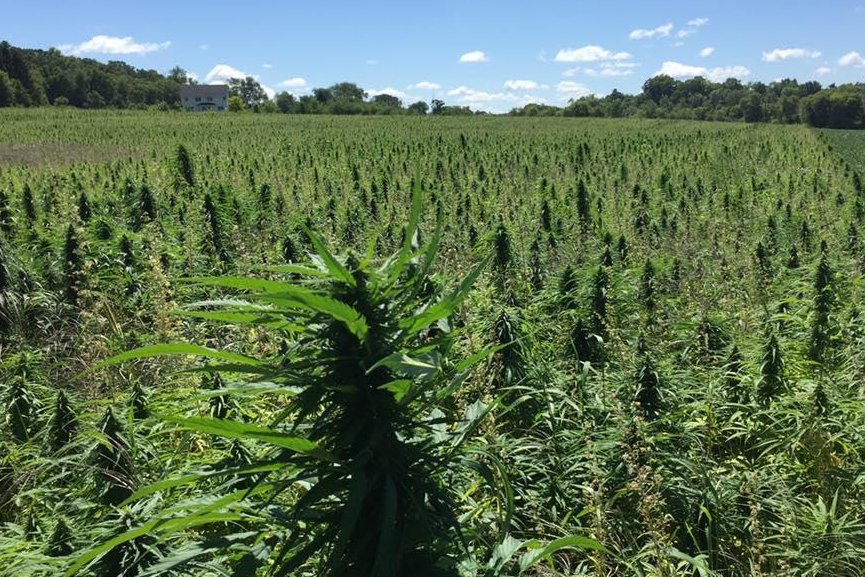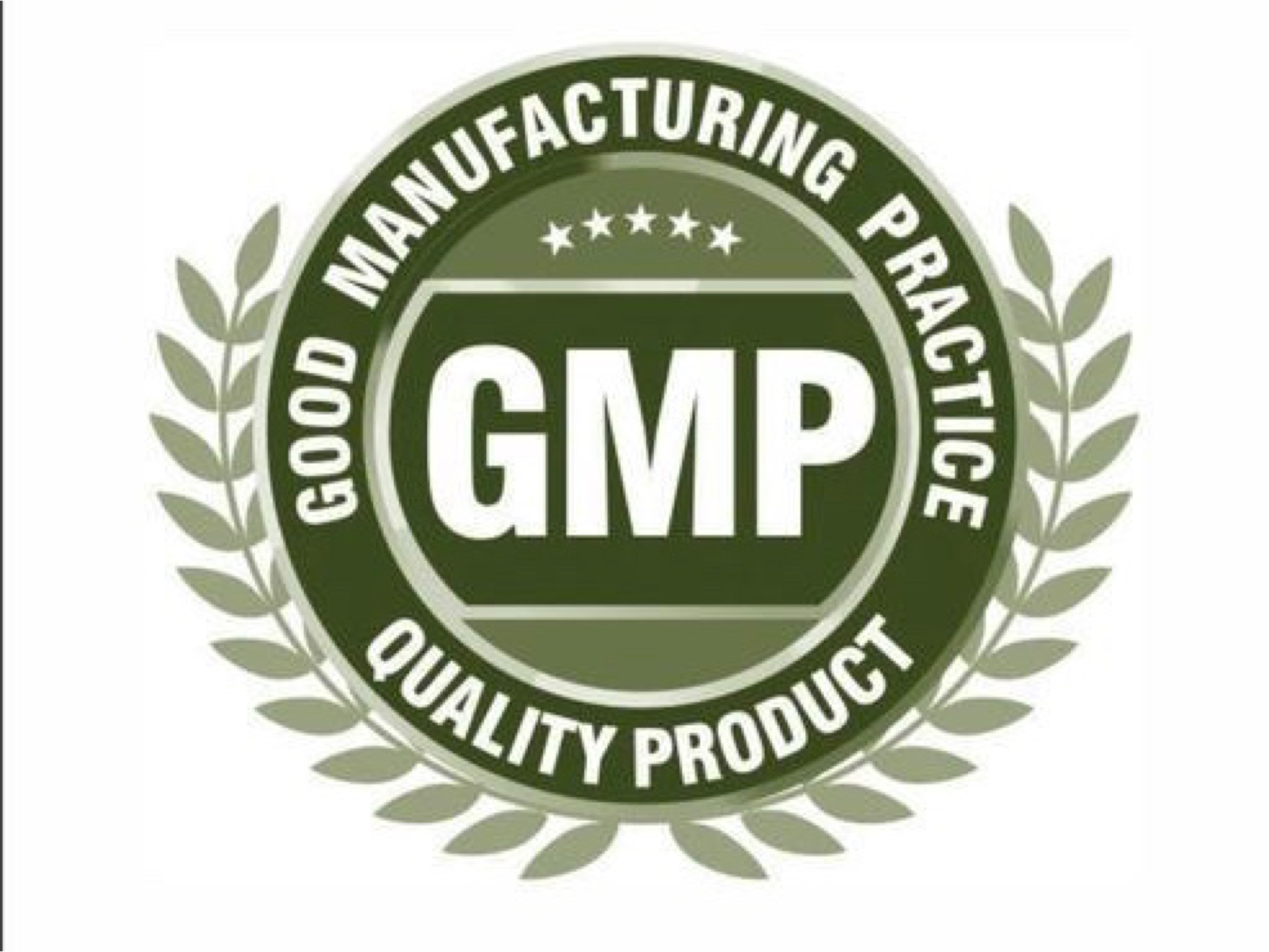

Complex regulatory standards, dosage limits, price disparities and a limited variety of products all hinder the Canadian edibles market and prevent the category from flourishing as it should.

Complex regulatory standards, dosage limits, price disparities and a limited variety of products all hinder the Canadian edibles market and prevent the category from flourishing as it should.

How effective is your internal assessment program to proactively identifying and mitigating business risks? In this piece, Vaillencourt addresses common questions that cannabis businesses ask when developing an audit program and provides some tips for staying on top of self-assessments to avoid costly compliance fines.

Process scale up is a challenging endeavor in many industries, but it is even more challenging in the cannabis/hemp industry. What equipment you use, what parameters you implement, and what solvents and reagents are involved are all contributing factors to the scalability of your process. In this piece, Darwin Millard explores the common mistakes made during process scale up and how to avoid them.

Technology in cannabis packaging is advancing. Blockchain-supported tracking, QR codes and authenticity markers can help companies keep track of supply chain logistics and prevent counterfeiting simultaneously.

Rachel Morgan helps address the biggest challenges faced by CBD manufacturers and suppliers, answering some of the most frequently asked questions.

The rise of the new delta 8 THC market has highlighted the ingenuity of cannabis entrepreneurs and the intricacies of the cannabis plant. In this piece, we sit down with the founders of DeltaVera, Sam Andrus and PK Isacs to learn more about their mission and the fascinating molecule they are betting on.

The cannabis plant is an incredibly versatile plant used in numerous applications: construction materials, textiles, composites, bioplastics, food ingredients, phytochemicals, CBD products, and so much more. Or is that hemp? In this two-part series, Darwin Millard takes the reader down the hemp rabbit hole and discusses how the global market has evolved the definition of hemp over time and the challenges posed by trying to have your cake and eat it too. Millard proposes that we adopt policies for market protection of hemp products through standardization, not bifurcation of the cannabis plant.

The foot-in-the-door agreement between Canopy Growth and Southern Glazer’s Wine & Spirits will allow Canopy Growth to distribute their CBD beverage portfolio in the United States, also signaling the benefits of their relationship with Constellation Brands coming to life.

In this series of articles, Aaron Green sits down and interviews a number of industry scientists and executives leading cannabis formulation companies. In Part 2, Green chats with Jesse Lopez, CEO and Founder of Geocann, a global cannabis organization based in Fort Collins, Colorado with technical formulation expertise and the exclusive global rights to multi-patented drug delivery system technologies.

Kathleen May, Founder of Triskele Quality Solutions, provides a roadmap to Good Manufacturing Practices (GMPs) compliance for manufacturers in the cannabis industry.